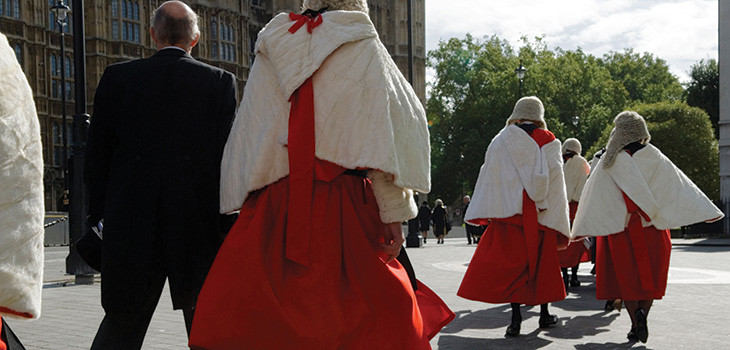
- Examines the arguments for and against the conferring of titles on High Court judges when those titles are not used in court.
The custom of knighting the king’s judges originated in the days when judges were very few in number, were seen as emissaries of the king in dispensing his justice throughout the realm, and when it was commonplace to confer the accolade of knighthood on everyone holding high public office. There was at that time no Court of Appeal or Law Lords, so the king’s judges sat at the apex of the rudimentary justice system.
There is no other occupational group which now receives knighthoods or the female equivalent (DBE, DCMG, DCB) on appointment. There are many offices that typically attract such an honour either some way into the appointment or on retirement (for example, permanent secretaries and their equivalent, senior ambassadors, three-star rank in the armed forces, the Metropolitan









